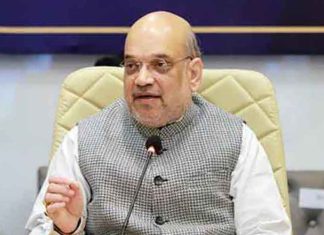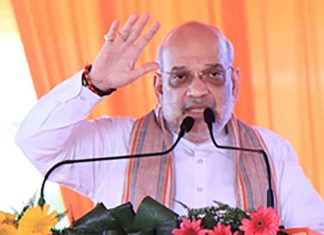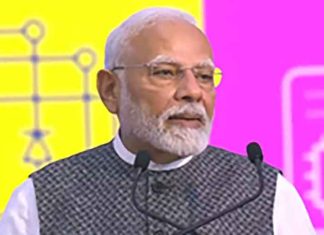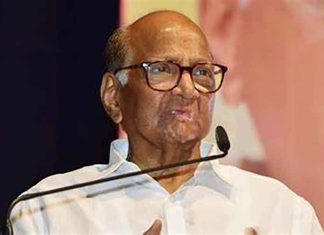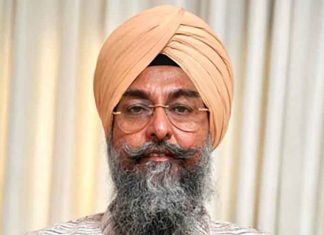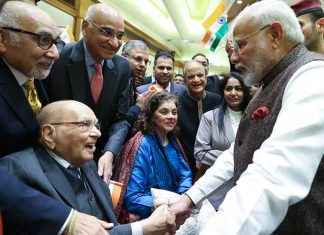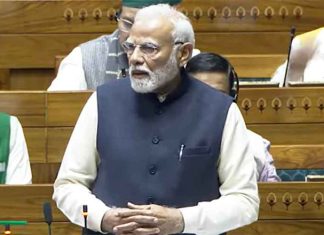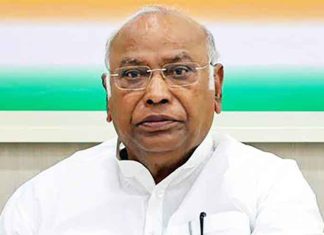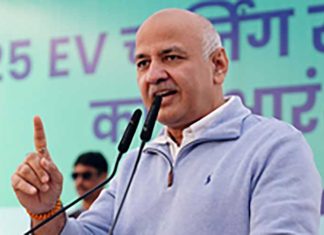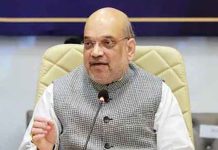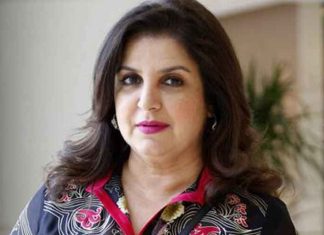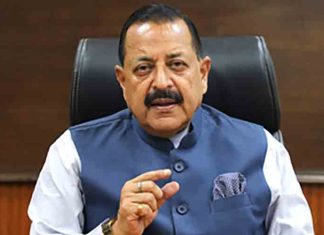Seoul, Dec 10 2024-
The number of newly married couples in South Korea dropped below 1 million for the first time in 2023, with nearly half without children, showed data on Tuesday.
According to the data from Statistics Korea, the number of newly married couples came to 974,000 last year, down from the previous year’s 1.03 million, Yonhap news agency reported.
This marks the first time the number of newlyweds has fallen below 1 million since the agency began collecting relevant data in 2015.
The figure has shown a downtrend from 1.47 million in 2015 to 1.32 million in 2018 and 1.18 million in 2020. On average, the figure decreases by 50,000 to 80,000 couples annually.
Of the newlywed couples in 2023, 47.5 per cent did not have children, up 1.1 percentage points from a year earlier, the data showed.
South Korea has been struggling with a low birth rate and an ageing population, as many young people opt to postpone or give up on getting married or having babies in line with changing social norms and lifestyles, as well as in the face of high home prices, a tough job market and an economic slowdown.
In 2023, the country’s total fertility rate — indicating the average number of children a woman is expected to have in her lifetime — dropped to 0.72, marking the lowest level since 1970.
It was much lower than the replacement level of 2.1 which would keep South Korea’s population stable at 52 million.
Even as South Korea plans to raise the fertility rate to 1 by 2030, it has been unveiling a series of measures to address the country’s chronic demographic challenges including the world’s lowest birth rate.
South Korea’s presidential committee on population policy recently unveiled plans to have up to 70 per cent of fathers take parental leave by 2030 as the government intensifies efforts to tackle the nation’s pressing demographic challenges.
The figure would mark a sharp increase from just 6.8 per cent recorded in 2022, according to the Presidential Committee on Ageing Society and Population Policy.
The latest announcement comes amid anticipated changes in the parental leave policy starting next year.
Currently, both mothers and fathers can each take up to one year of parental leave, which can be divided into three periods.
Starting in February, however, if both parents take at least three months of leave, each parent’s total leave period can be extended to 18 months, which can be split into four periods.
The country also aims to reduce the proportion of women experiencing childbirth-related career interruptions to 10 per cent by 2030, compared with 22.3 per cent recorded this year. (Agency)









